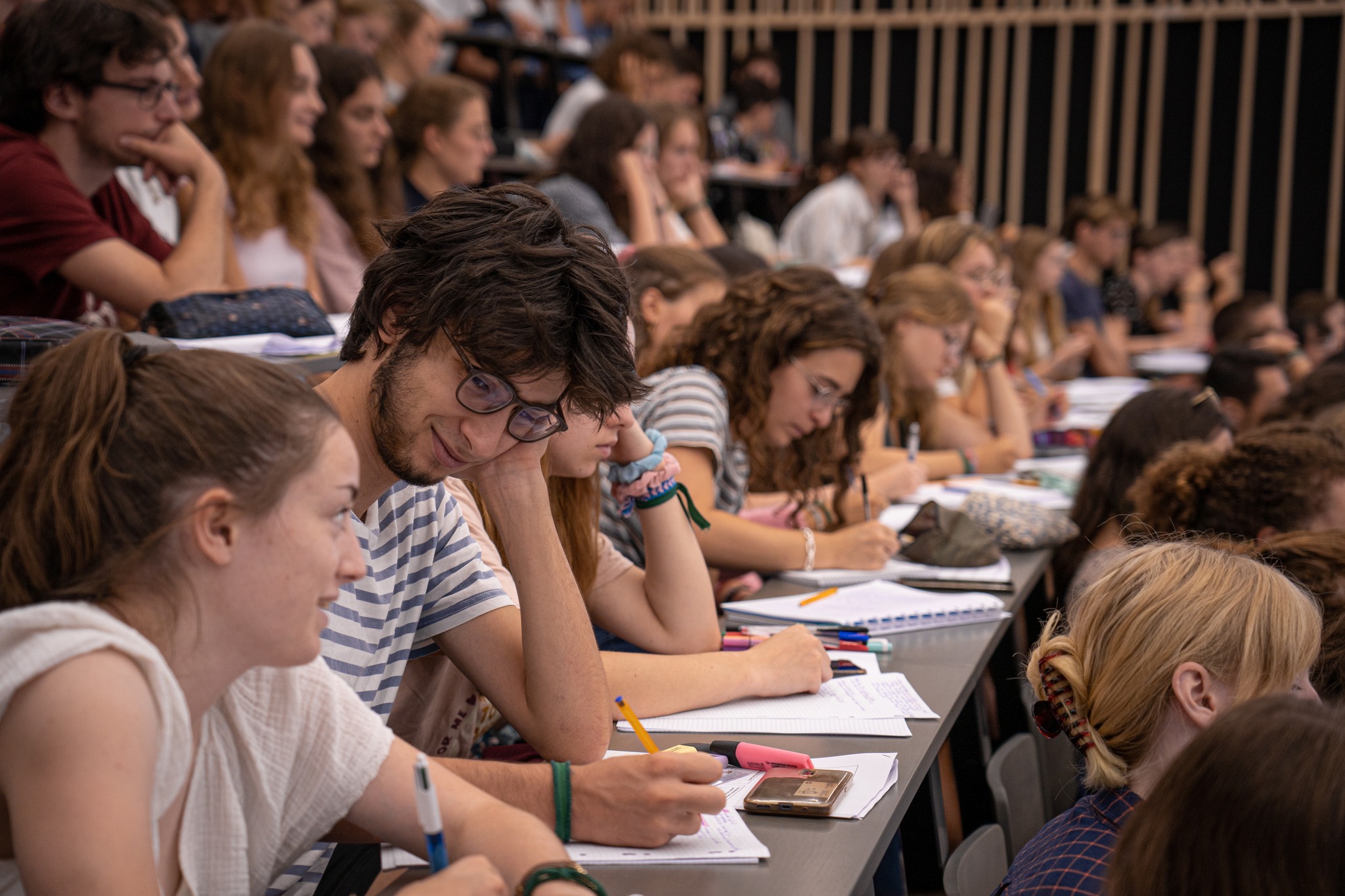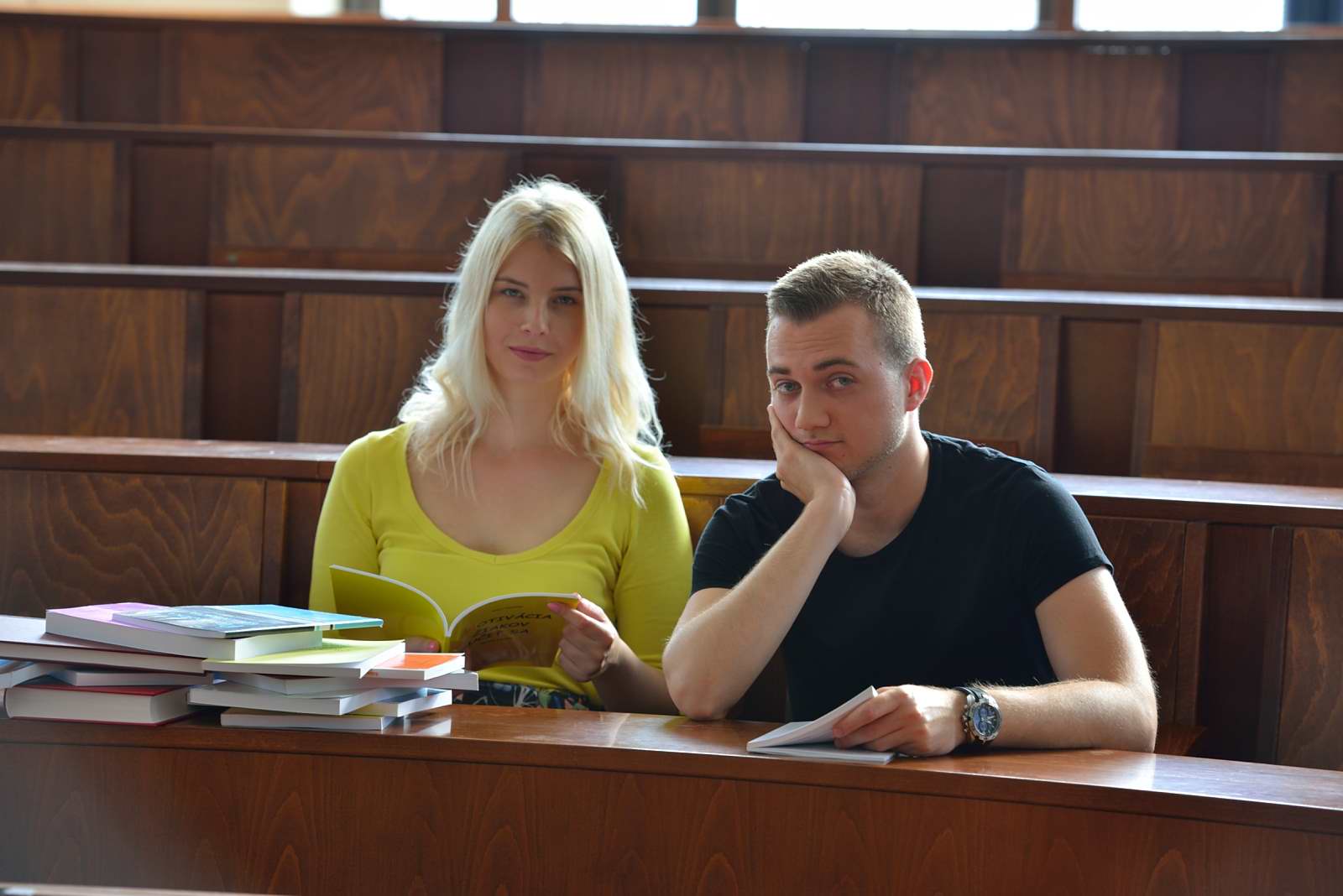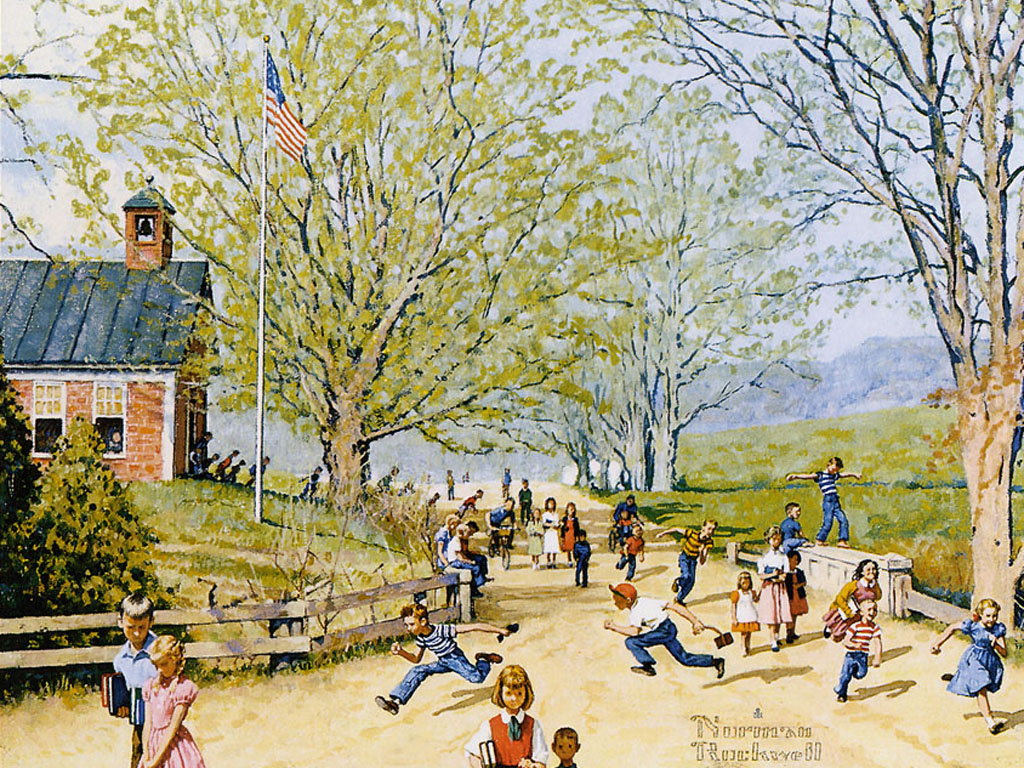“Own only what you can always carry with you: know languages, know countries, know people.
Let your memory be your travel bag.”
— Aleksandr Solzhenitsyn (From “The Gulag Archipelago”)
Today we explain our collaboration with other education settlements in the US and other nations. We conform to participation requirements set by ANSI US Technical Advisory Groups to the International Organization for Standardization but we also have liaison with other universities in the European Union who conform to the participation requirements of their own national standards bodies.
Use the login credentials at the upper right of our home page. Because a great deal of content is copyright protected by the International Electrotechnical Commission, International Organization for Standardization and International Telecommunications Union, please contact bella@standardsmichigan.com for an advance agenda.
17 equations that changed the world pic.twitter.com/69jV97p8mM
— Massimo (@Rainmaker1973) December 21, 2024
d
d
v




















